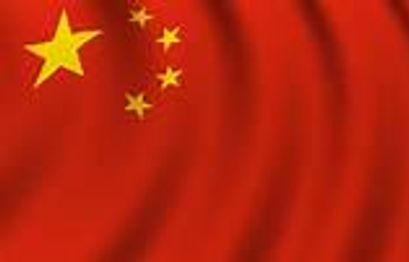It is difficult to visit China these days because you can’t pay for anything. You can hail a ride or order tickets or even feed yourself unless you are using one of China’s two “superapps”, AliPay or WeChat Pay.
Superapps are a Chinese innovation. In the West, our digital lives are parsed among the likes of Amazon, Facebook, Google, eBay and Netflix. Alibaba, an ecommerce company, added payments. Its competitor Tencent, which operates the social messaging app WeChat, did the same.
By layering the ability to pay for things on top of all the other things we use computers for – especially our mobile phones – AliPay and WeChatPay cemented themselves at the heart of Chinese commercial life.
It seems everything that happens now in the lives of middle-class Chinese people is done out of these two ecosystems: lifestyle purchases, games, social media, news, investments, business finances, insurance, consumer borrowing – everything is contained in those two superapps.
Alibaba and Tencent also see the data that consumers and businesses produce whenever they search, scroll, and buy. Banks don’t see that data. The government does, but it’s not seamless, which is one reason why the People’s Bank of China is piloting a digital currency.
A digital yuan, which will exist alongside physical cash and one day may replace it, will also help the government better supervise AliPay and WeChat Pay, serve as a backstop should there be a failure in a corporate server, and to ensure money can flow freely between these two closed-loop ecosystems.
The private innovation of the superapp is therefore leading to the government innovation of fiat currency that is purely digital, and programmable. Programmable money.
The Chinese invented paper money in the ninth century. China had already began writing on paper. Merchants in what is today the city of Chengdu, in Sichuan Province, worked out a scheme of IOUs on paper to make it easy to move large sums across the country, without fear of bandits.
Once the emperors learned about paper money, they immediately realized its worth. Whereas businessmen’s “flying cash” relied on trust in their collateral, the emperor needed only to assert his power to make people accept his paper money.
Later rulers banned imports of gold or silver coins: visitors had to leave these with a government bureau, in exchange for the emperor’s paper money – they could redeem their coins upon exiting the realm.
Marco Polo related this to his European readers in his Travels, noting his astonishment at the emperor’s financial alchemy. It would, however, take Europe another seven centuries before it would experiment with paper banknotes.
Today the visitor to China experiences a similar feeling of displacement. But it won’t take the West centuries to mimic China’s digital innovations. We’re already trying: just look at Facebook’s attempts to build payments into its properties, using a form of cryptocurrency it calls Libra.











